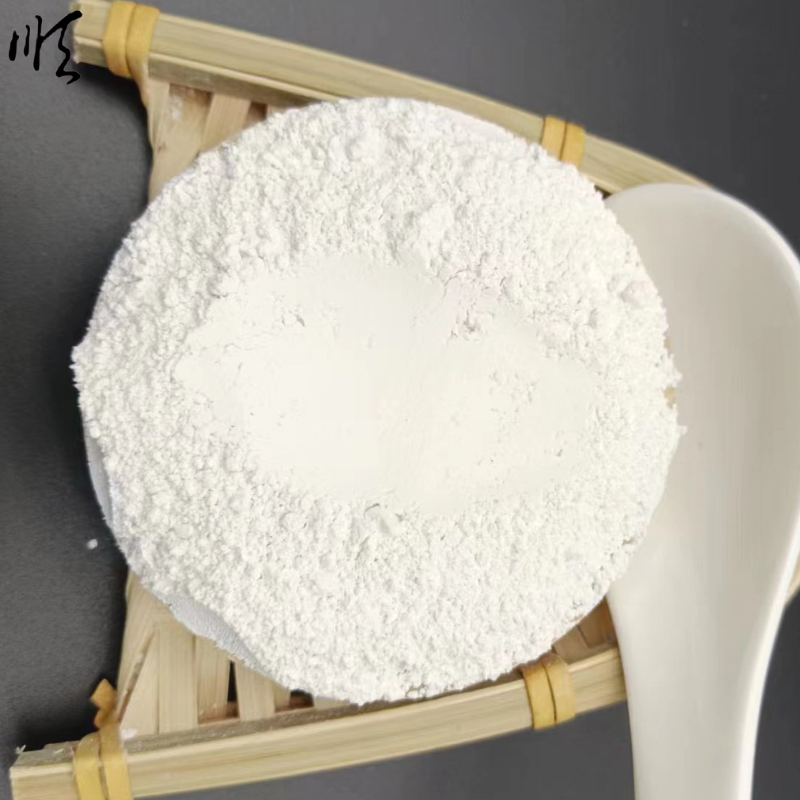
Enhanced Machinable Alumina for Advanced Manufacturing Applications and Improved Performance
Understanding Machinable Alumina Properties and Applications
Machinable alumina, also known as machinable ceramics or alumina ceramics, is an advanced material that has gained significant traction in various industries due to its unique properties and versatility. It is primarily composed of aluminum oxide (Al2O3) and is engineered to possess exceptional machinability, making it an ideal choice for various applications that require precision.
One of the primary advantages of machinable alumina is its high hardness. With a hardness rating of approximately 9 on the Mohs scale, it is significantly harder than most metals, providing excellent wear resistance. This property makes it suitable for applications where durability and longevity are crucial. Additionally, machinable alumina can withstand high temperatures, making it ideal for use in environments where thermal stability is necessary. Its capability to maintain mechanical integrity at elevated temperatures allows it to be employed in aerospace, automotive, and chemical processing sectors.
Another notable feature of machinable alumina is its excellent electrical insulating properties
. This characteristic is vital in industries that rely on components that function effectively under high voltage conditions. Machinable alumina serves as a reliable insulator, ensuring safety and efficiency in electrical applications.machinable alumina

The machinability aspect of machinable alumina sets it apart from conventional ceramics. Unlike regular ceramics, which are often brittle and difficult to machine, machinable alumina can be easily shaped and polished using standard machining techniques such as diamond grinding and water jet cutting. This property allows manufacturers to produce intricate designs and components with high precision, reducing the need for multiple processing steps and minimizing production costs.
Applications of machinable alumina are diverse. In the electronics sector, it is commonly used for insulators, substrates for circuit boards, and components in capacitors. In the healthcare industry, machinable alumina is utilized for surgical instruments and dental applications, capitalizing on its biocompatibility and sterilization capabilities. Furthermore, it is finding use in the manufacturing of cutting tools and wear-resistant parts in machinery, thanks to its combination of hardness and machinability.
In conclusion, machinable alumina stands out as a remarkable material that combines high hardness, thermal stability, electrical insulation, and machinability. Its ability to be precisely shaped and used in various applications makes it a valuable asset across multiple industries. As technology advances, the role of machinable alumina is expected to expand, unlocking new possibilities in material science and engineering. Whether in aerospace, electronics, healthcare, or manufacturing, machinable alumina continues to pave the way for innovation and efficiency in modern manufacturing processes.
Share
-
Premium Pigment Supplier Custom Solutions & Bulk OrdersNewsMay.30,2025
-
Top China Slag Fly Ash Manufacturer OEM Factory SolutionsNewsMay.30,2025
-
Natural Lava Rock & Pumice for Landscaping Durable Volcanic SolutionsNewsMay.30,2025
-
Custom Micro Silica Fume Powder Manufacturers High-Purity SolutionsNewsMay.29,2025
-
Custom Mica Powder Pigment Manufacturers Vibrant Colors & Bulk OrdersNewsMay.29,2025
-
Custom Micro Silica Fume Powder Manufacturers Premium QualityNewsMay.29,2025






